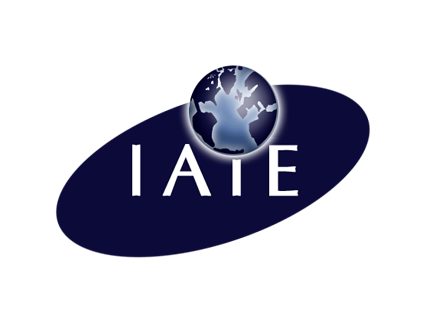Ministry of Education Policies around the World
This international panel will provide a comprehensive overview of the diverse policies adopted by various countries concerning intercultural competence in education. Representatives from Israel, the United States, and South Korea will share their insights and experiences, highlighting the unique approaches each country takes to foster intercultural understanding and competence among educators and students.
The panel will delve into the specific strategies implemented in each country, examining how these policies are shaped by cultural, social, and historical contexts. Attendees can expect to learn about the challenges and successes encountered in promoting intercultural education, as well as best practices that can be adapted across different educational systems.
Furthermore, there will be opportunities for discussion and Q&A, allowing participants to engage with the panelists and explore how intercultural competence can be effectively integrated into curricula worldwide. This event aims to foster collaboration and exchange of ideas, ultimately contributing to a more inclusive and culturally aware educational landscape.
Speakers:
Israel:
Aya Kheredin, Director of the Druze and Circassian department
& Michal Da Han, Vice Head of the State Religious Education Directorate
U.S.A
Ms. Kate Weckesser English, Executive Director, EIHR- The Educators’ Institute for Human Rights
Kate Weckesser English is the Executive Director for the Educators’ Institute for Human Rights, where she has held in executive leadership and board positions since EIHR’s inception in 2011. Kate taught for 18 years in Connecticut and Virginia public schools and has been recognized as District-wide Teacher of the Year, received the Joseph Zola Holocaust Educator Award, and serves as a Museum Teacher Fellow for the United States Holocaust Memorial Museum (USHMM). She attended Summer University Srebrenica, served as a Teaching Excellence and Achievement (TEA) Fellow in Ukraine through IREX and the US Department of State’s Bureau of Educational and Cultural Affairs, as well as a Positive Peace Ambassador with the Institute for Economics and Peace. Kate’s publications include “A Global Collaborative Approach to Genocide Education” in Teaching about Genocide. Advice and Suggestions from Professors, High School Teachers, and Staff Developers, edited by Samuel Totten, and “Teaching Women and U.S. Foreign Policy: Hillary Rodham Clinton and Women’s Rights as Human Rights” in Understanding and Teaching Contemporary U.S. History since Reagan, co-authored with Allida Black and edited by Kimber M Quinney and Amy L. Sayward. Kate earned her bachelor’s degree in human development and master’s degree in educational psychology at the University of Connecticut, an Executive Certificate in Nonprofit Leadership from Georgetown University, and a graduate certificate in Education Leadership from George Mason University.
Georgia
Natia Natsvlishvili – Director of the Education and Research Center; Educational specialist with 20 years of experience in education practice, policy, academic and strategic planning work, especially in pre-service and in-service teacher professional development; Council of Europe’s Education Committee (CDEDU) Bureau and Education Policy Advisors Network (EPAN) Bureau member; Experienced in various international projects on Education for Intercultural Education, Democratic Citizenship, Human Rights Education, Competences for Democratic Culture; Editor; Author, co-author of various resources for teachers professional development; Associated Professor of Caucasus University and invited lecturer for several universities of Georgia.


